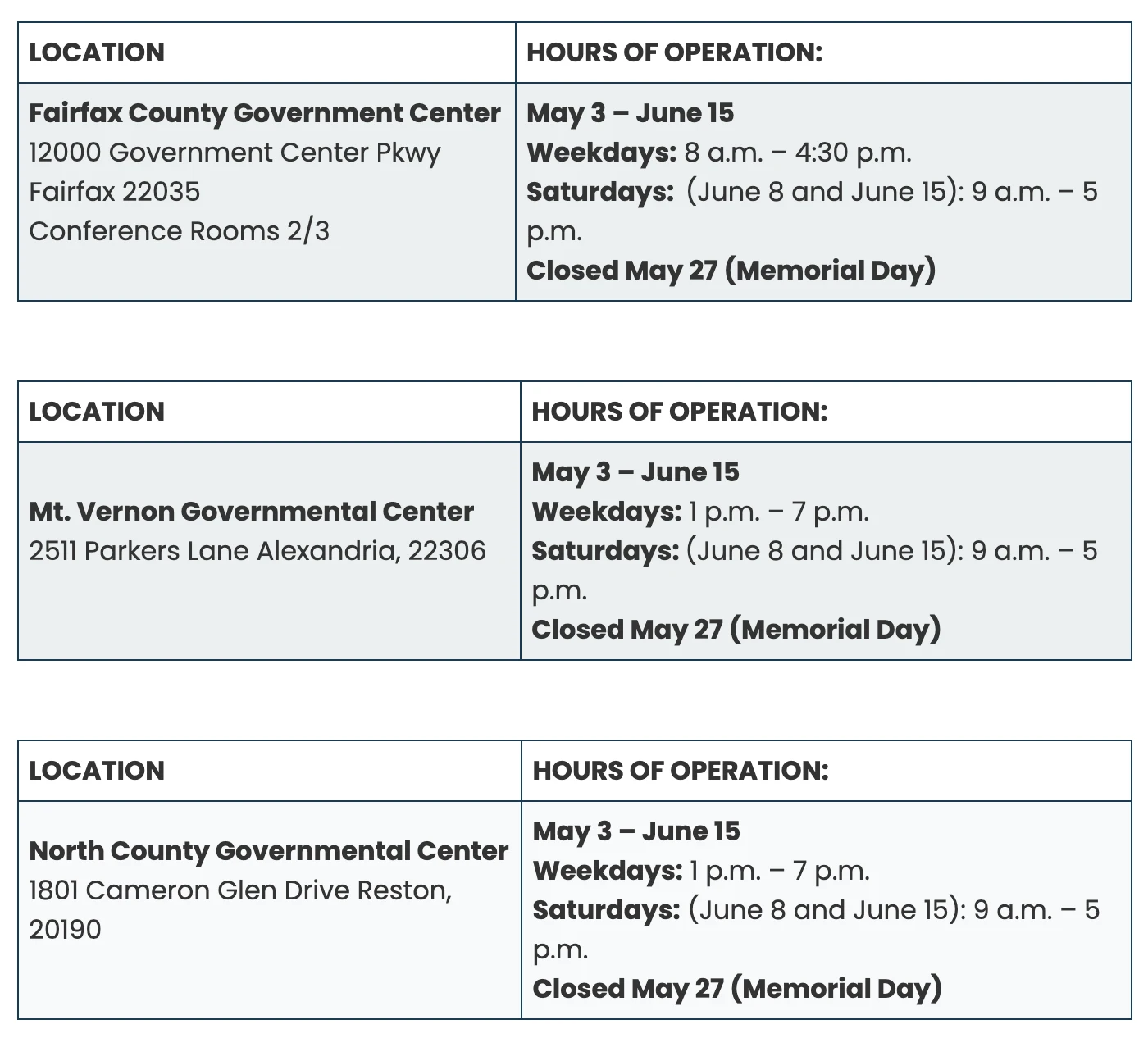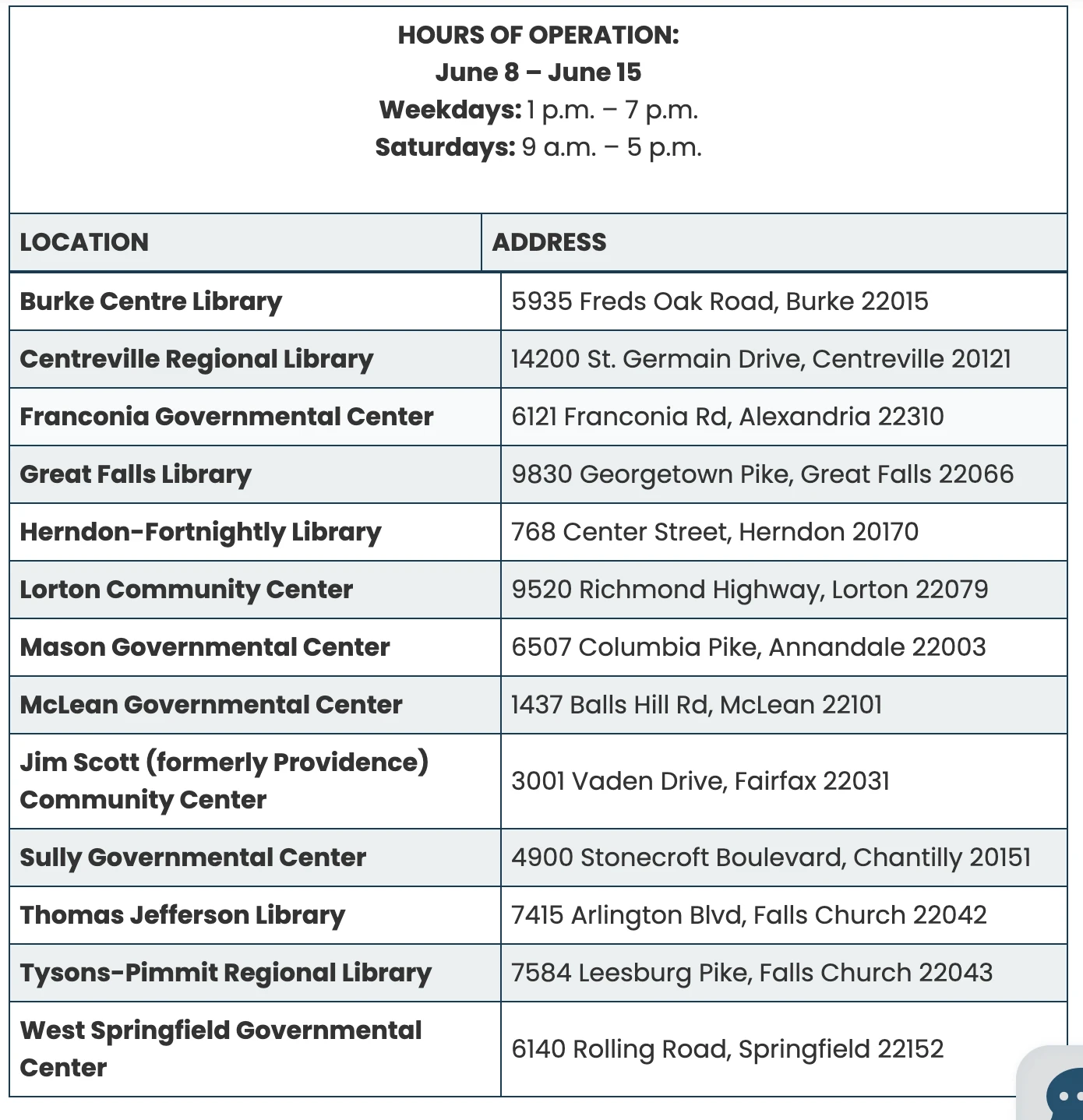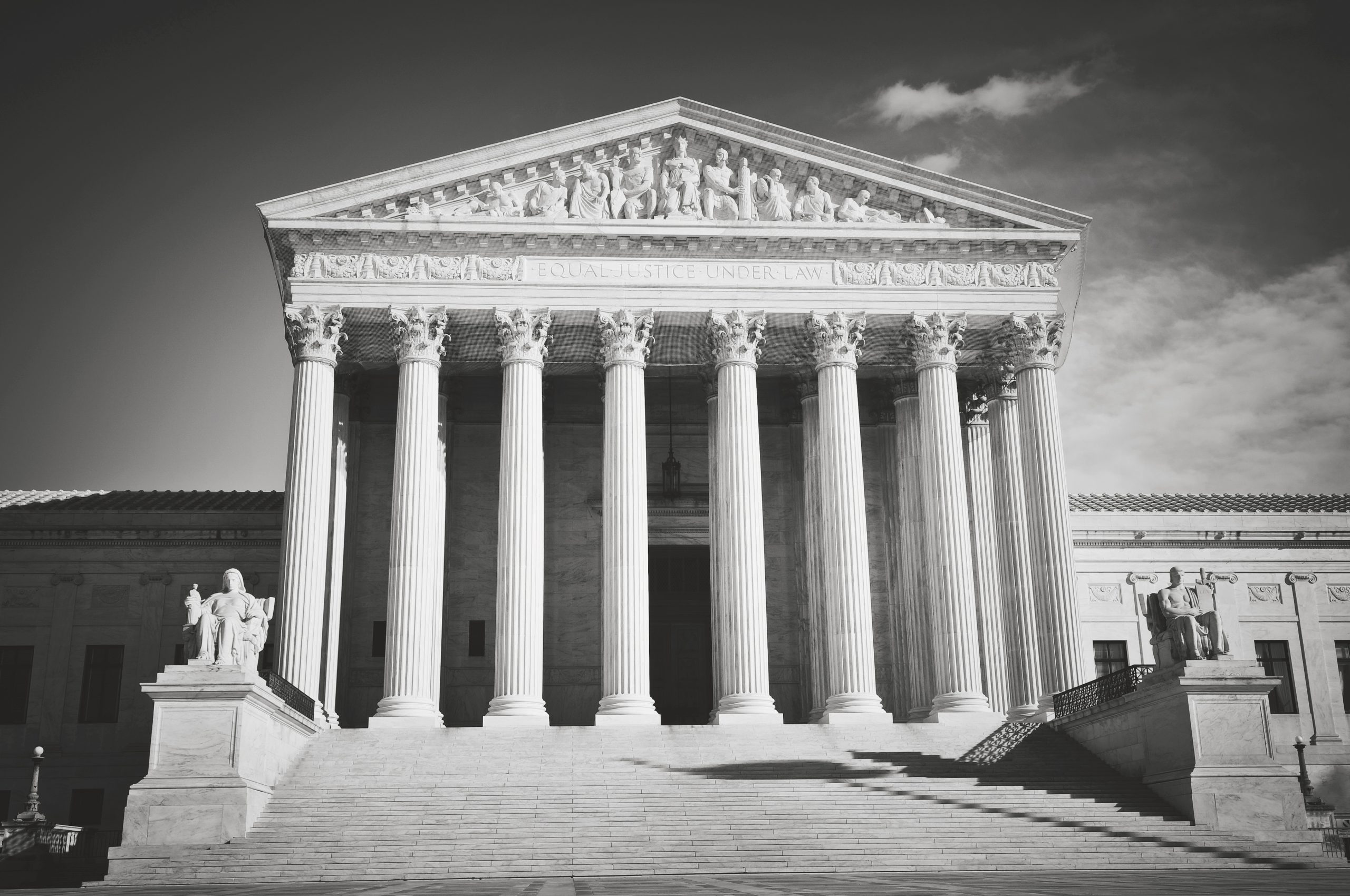
In a landmark civil rights case, the Supreme Court of the United States ruled that universities factoring a student’s race in their admissions decisions are in violation of the 14th Amendment’s Equal Protection Clause. “In other words, the student must be treated based on his or her experiences as an individual — not on the basis of race,” Chief Justice John Roberts wrote for the 6-3 majority.
Justice Clarence Thomas, agreeing with the majority, wrote: “The Constitution’s colorblind rule reflects one of the core principles upon which our Nation was founded: that ‘all men are created equal.’ Those words featured prominently in our Declaration of Independence and were inspired by a rich tradition of political thinkers, from Locke to Montesquieu, who considered equality to be the foundation of a just government.”
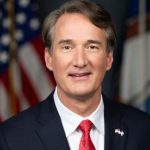
All three of Virginia’s statewide elected executives — Governor Glenn Youngkin, Lieutenant Governor Winsome Sears, and Attorney General Jason Miyares — hailed the court’s decision after it was released. “Today, after the Supreme Court’s ruling, we are than closer than ever before to ensuring that an individual’s future opportunities are unlocked based on the trajectory of their potential, their aspirations, and the quality of their capabilities as opposed to simply on their race,” Governor Youngkin said.
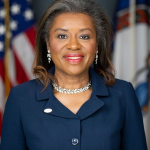
Lieutenant Governor Sears echoed Youngkin’s statement: “Students across America, regardless of their background, will now have access to the best educational opportunities available and be judged on their academic achievements and the content of their character — as they should be. Today’s decision is a tremendous victory for our country and gives our children a hope and a future. America continues to work toward her declared ideal that all men are created equal.”
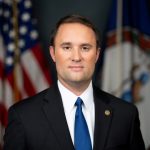
Attorney General Miyares, who last year signed an amicus brief in favor of the view that was ultimately embraced by the court majority, lauded the decision as a victory for civil rights. “Over time, the implementation of affirmative action has become discriminatory and unfair to many Virginians, the attorney general said. “This ruling will foster more racial equality and fairness in college admissions, and colleges now have a unique opportunity to prioritize policies that take poverty and economic hardship more into account.”
VIDEO: WINSOME SEARS REACTS TO SUPREME COURT RULING, CALLS FOR “SCHOOL CHOICE”

